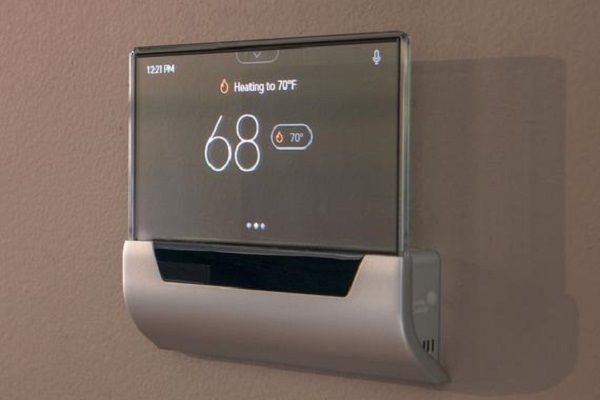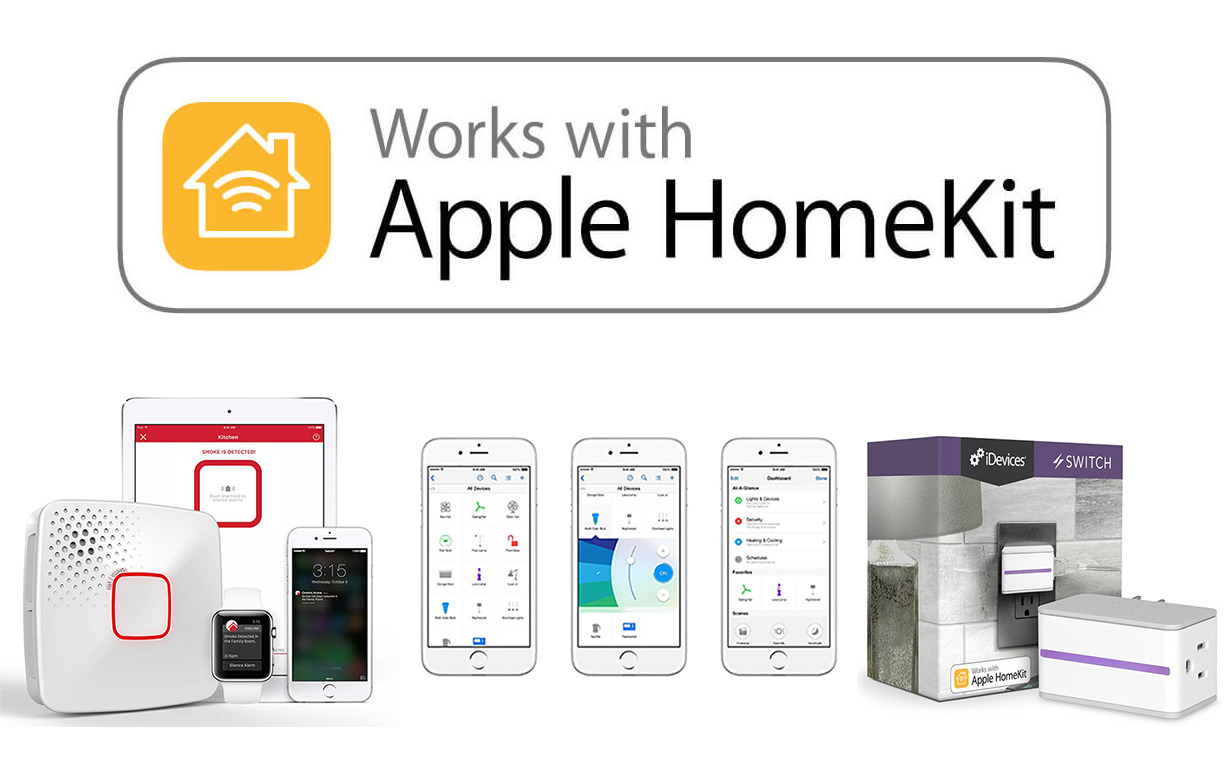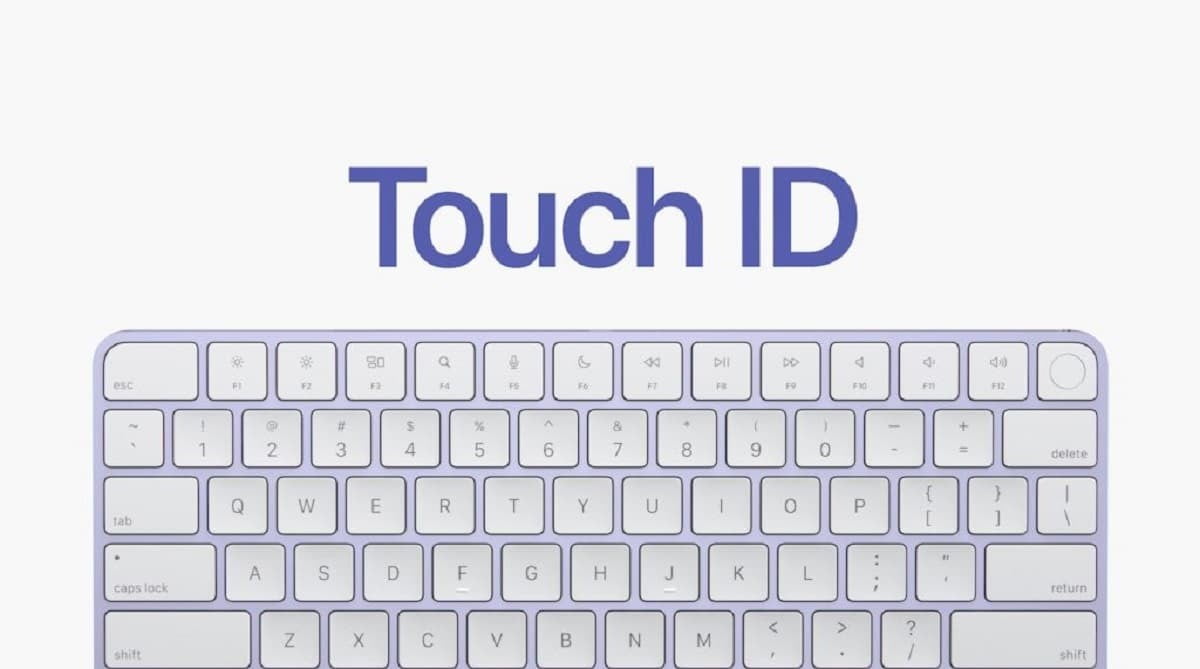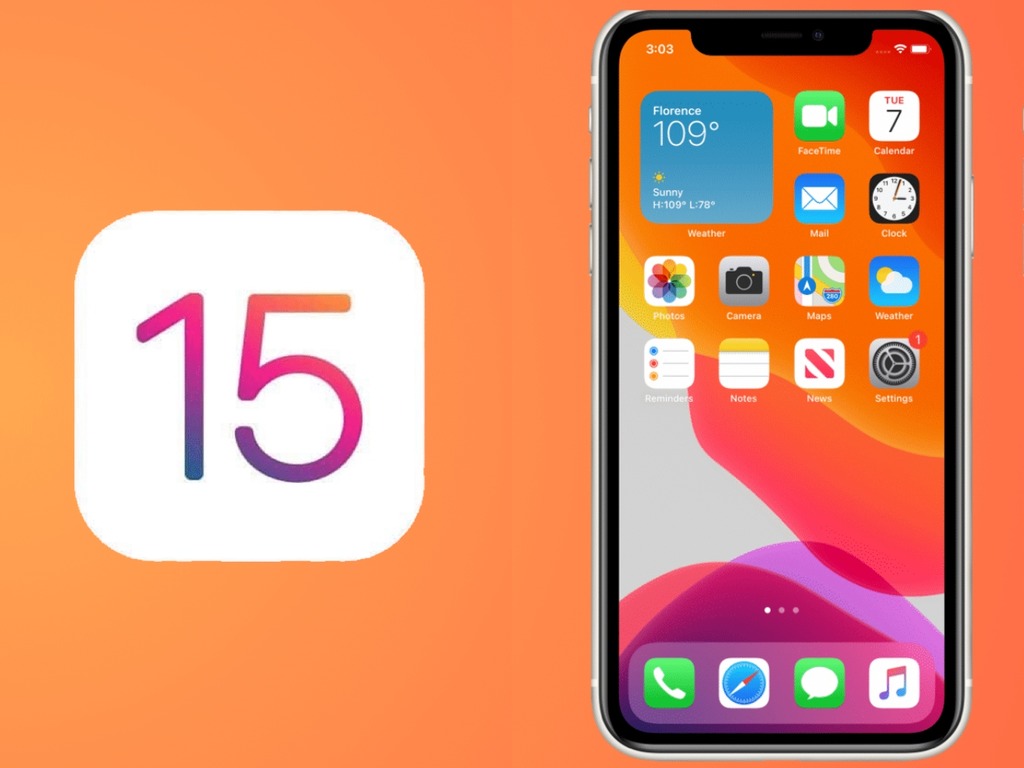Nowadays, the match for best smart home platform doesn’t have a clear winner, and each contender has serious problems.
Whereas, the Apple’s HomeKit platform has cast a vision of the smart home that is uniquely different from Amazon’s and Google’s: It’s a vision less concerned with capturing coverage and racing for countertop real estate, and more concerned with reliability and security.
Well, Apple actually has some problems, too.
Prior to starting the topic of why I regard HomeKit is the best smart home platform, I expect to point out the most glaring issues with Apple’s ecosystem. The first and most important problem with HomeKit is its lack of a budget smart speaker like the $50 Echo Dot and Nest Mini. Voice assistants are part of what makes smart devices so easy to use around the house, and a centralized smart speaker solves the problems posed by different family members using Siri on their iPhones, or not having iPhones at all.
Some other people may also point out Apple’s fame for earn money from its clients by switching up its chargers and requiring new dongles, artificially degrading its own hardware and simply charging exorbitant prices for its items.
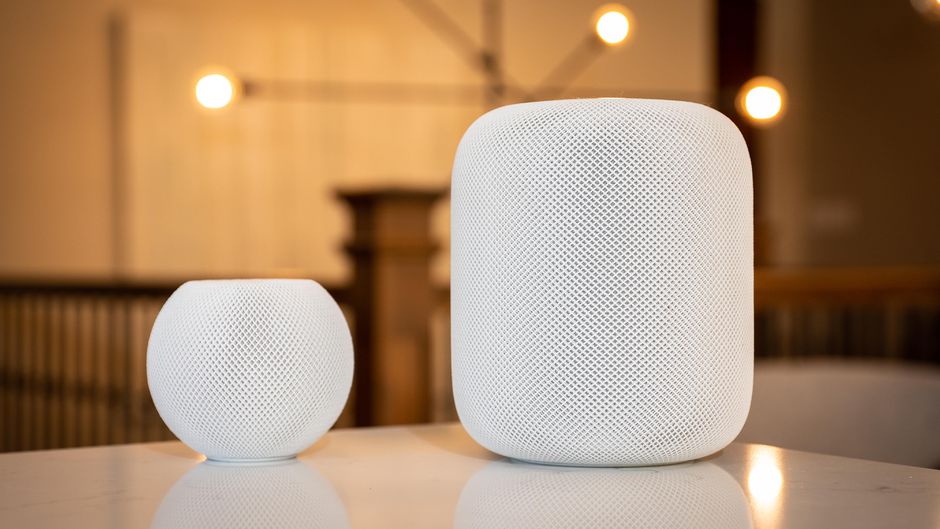
1.Apple’s Home app
Apple’s Home app has remained largely unchanged since its launch in 2016, but that’s because it’s really well designed. As soon as you open the app, you can add new devices, new routines or new automations with one or two taps and no scrolling whatsoever. The app also gives easy access to your existing smart home — devices, routines and automations — to activate, edit and delete as you desire.
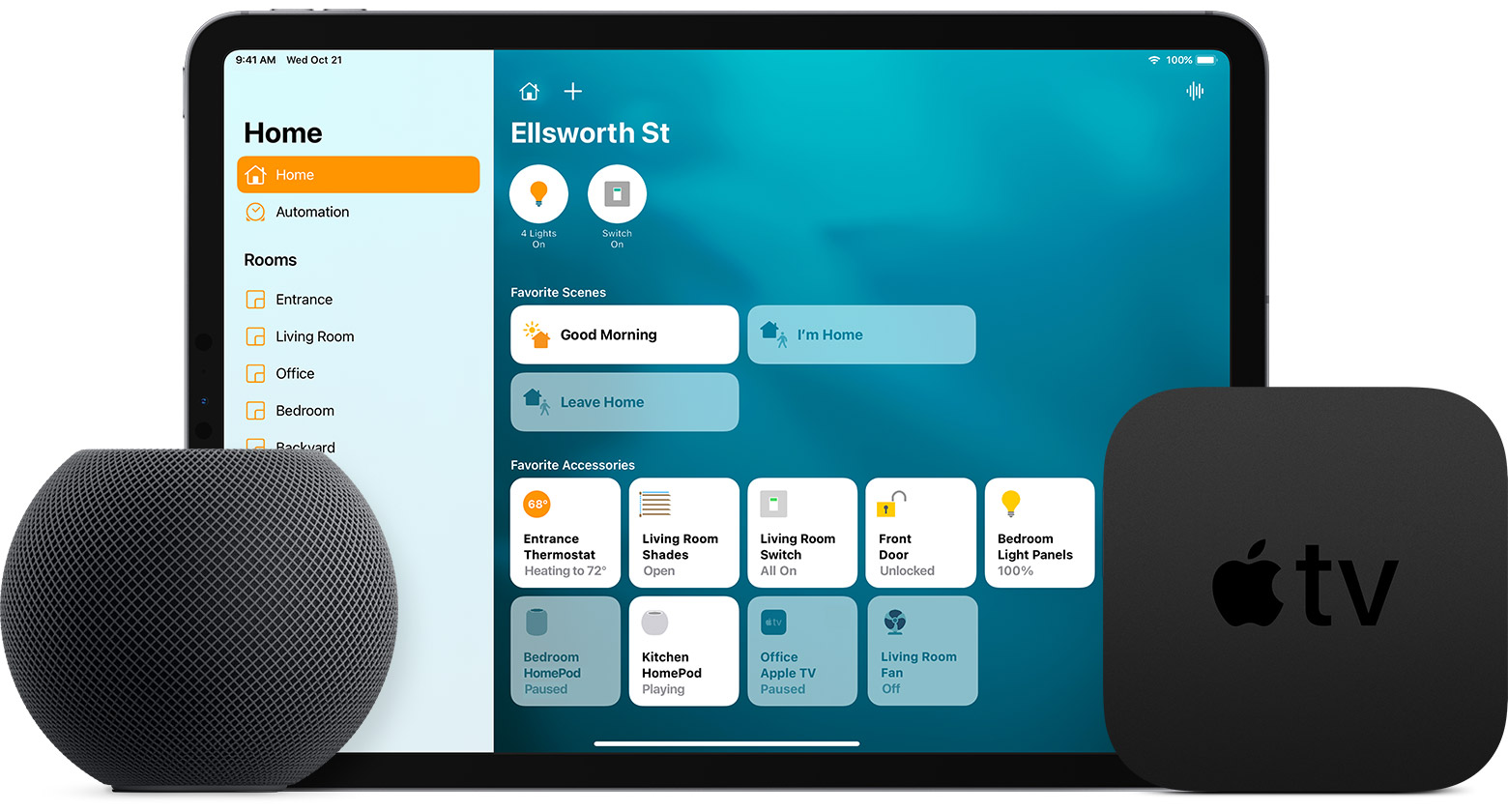
2.Everyday use
The Home app might be the best of the bunch, but most people don’t use the app much beyond setting up their smart home for the first time. So let’s look at how everyday use works.
Scheduled routines, voice control and automation all look pretty similar between the big three voice-driven smart home platforms. You are able to schedule smart lights, for example, to turn on at certain times, make them switch off when you leave the house and tell your voice assistant of choice to toggle them anytime.
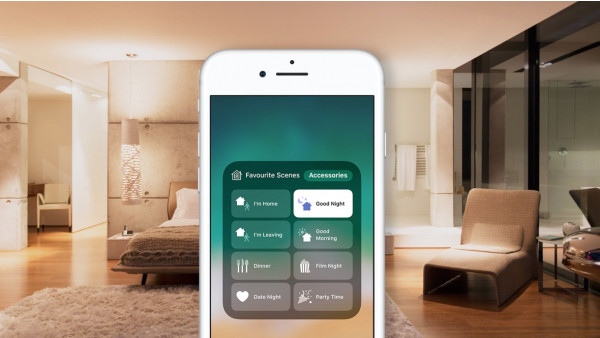
3.Friends with benefits
It is known that the biggest criticisms of HomeKit is that it integrates with only a few dozen brands. By contrast, Google boasts partnerships with over 1,000 companies, and Amazon works with over 10,000. Amazon seems to have the obvious upper hand in this case, but honestly, the vast majority of users will find the offerings of all three tech giants more than sufficient to meet their demands.
Besides, the Apple — like Google and Amazon — gives connected smart lights, smart cameras, smart thermostats and smart fans. Basically, covering the major brands in each important category of connected home device is going to cover most people’s needs. There are a few exceptions: Notably, HomeKit doesn’t work with Wyze bulbs, which are our favorites for their affordability currently.
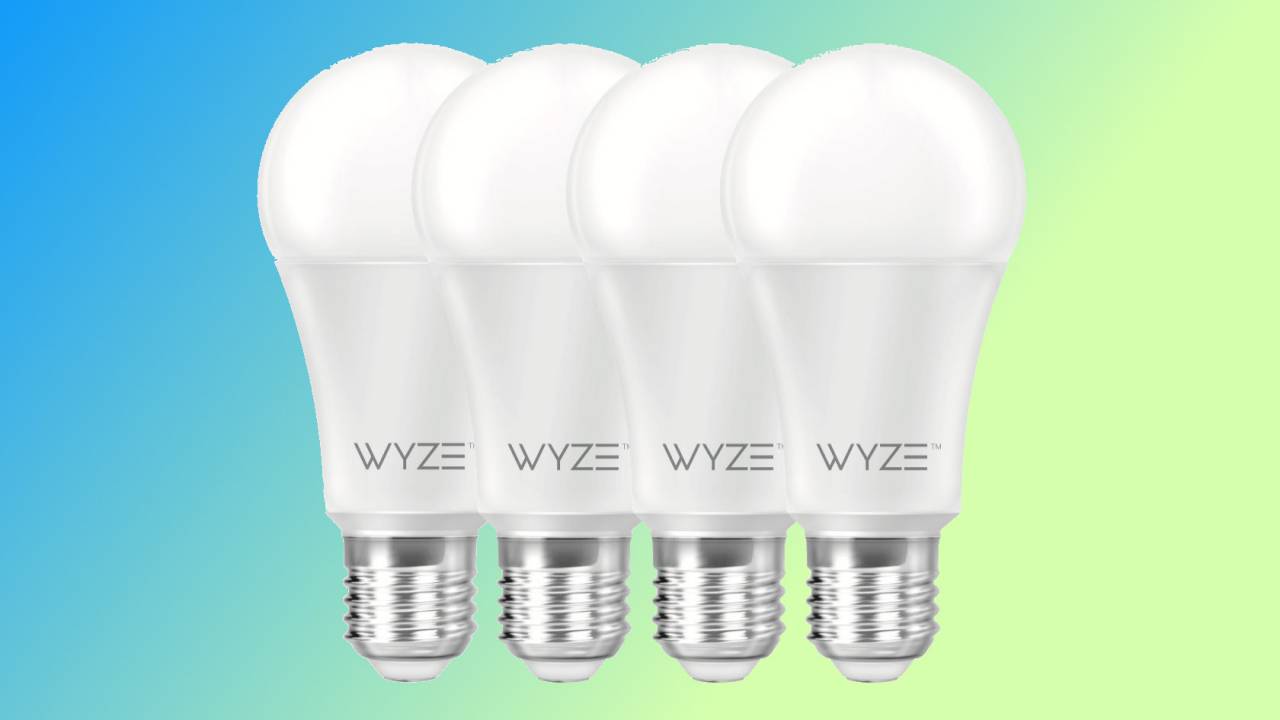
However, the Apple has made it at times painfully difficult to partner with it because of its security requirements. For a time, it even required companies to add MFi coprocessors to their HomeKit devices — a measure it tabled in 2017.
Apple HomeKit is the king!
Apple’s HomeKit platform is slowly positioning itself to be a compelling alternative in what can sometimes feel like a smart home duel between an online search giant and an online retail giant.
